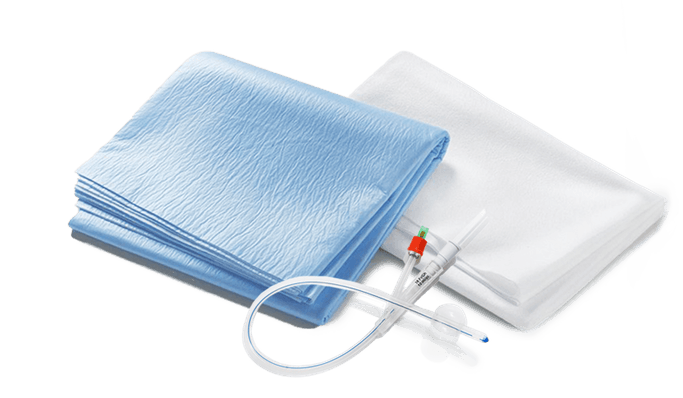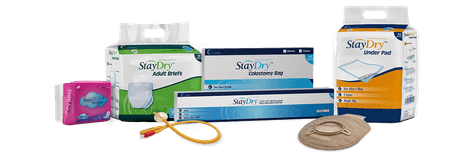What are Incontinence & Urology Supplies?
Incontinence & Urology Supplies are designed to manage urinary and fecal incontinence, as well as assist in urological care. These items range from baby and adult diapers, sanitary products, and colostomy bags to specialized equipment like urinary bags. They are essential for maintaining hygiene, dignity, and comfort.
The growing demand for incontinence and urology supplies can be attributed to an aging population and increased awareness of urological health. Baby and adult diapers, for instance, provide individuals with the confidence to go about their daily lives without the worry of leaks or accidents, while underpads and disposable bed sheets offer added protection to bedding and furniture.
Urological products like colostomy bags and urinary bags are vital for patients who've undergone surgeries or have specific medical conditions. These supplies ensure that waste is collected in a safe, hygienic manner, reducing the risk of infections and other complications. They also enable patients to lead more normal lives, even with medical challenges.
In addition to their functional benefits, incontinence and urology supplies contribute to overall well-being and quality of life. By addressing issues related to urinary and fecal incontinence, these products can help alleviate embarrassment and discomfort, allowing individuals to maintain their social interactions and engage in daily activities with confidence. This psychological relief is as crucial as the physical comfort these supplies provide.
The availability of a wide range of incontinence and urology supplies ensures that individuals of all ages and needs can find suitable options. From gender-specific products to varying levels of absorbency, the diversity of choices empowers users to select what works best for them. Moreover, the convenience of disposable supplies eliminates the need for extensive cleaning and washing, making the management of incontinence and urological issues much more manageable for both patients and caregivers.


